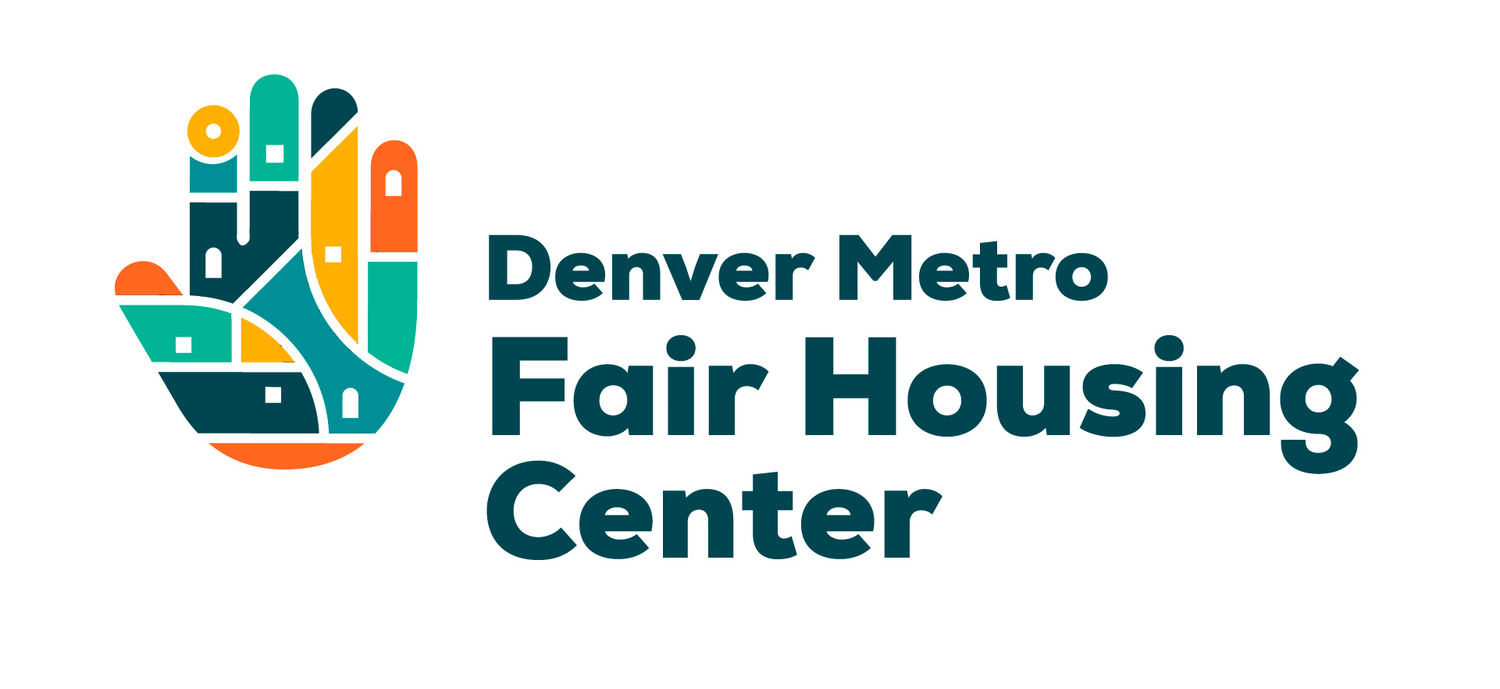What is housing discrimination?
Housing discrimination occurs when a person is treated differently than another person during the sale, rental, or financing of dwellings and other housing-related transactions, based on a particular characteristic they have. A group of people that share a particular characteristic is referred to as a protected class.
Protected Classes
The Fair Housing Act prohibits discrimination based on:
• Race
• Color
• Religion
• Sex
• Family Status
• Disability
• National Origin
Regardless of their particular race, color, religion, etc., every person falls under at least one of these classes and is protected against housing discrimination under federal law.
Many states, counties, and cities have fair housing laws that include additional protected classes not included under the Fair Housing Act, such as sexual orientation, military status, marital status, etc.
Fair housing laws apply to landlords, sellers, brokers, lenders, insurance agents, neighbors, and other people in the housing industry.
Housing discrimination is still prevalent in our society. If you are looking for housing, own your own home, or are a housing provider, you should know your rights and responsibilities under fair housing laws. The information provided on this site is intended to be used to provide readers with information and guidance for general purposes only. This information is not intended to be legal advice, as we are not attorneys, and should not be taken as such. If you need legal advice, please seek the aid of an attorney.
Examples of Housing Discrimination
• Intimidating or harassing tenants
• Refusing to rent, sell, or offer housing-related services
• Falsely denying that housing is available
• Treating tenants differently when providing repairs or services
• Applying different rules or rental amounts
• Steering people to rent in certain sections of a town or certain properties
• Discriminatory advertising
• Refusing to make reasonable accommodations for people with disabilities
If a landlord, seller, insurance agent, or mortgage broker engages in these activities because of the race, color, religion, sex, family status, disability, national origin, or military status of a prospective or current tenant or buyer, they may be held liable under state and federal fair housing laws.
Discrimination in Rental Housing
In rental housing, people can also be victims of steering. In some cases, people are told housing is not available when it is available. More commonly, we see that people are offered less favorable Terms and Conditions based on their race:
Examples of discriminatory terms and conditions in rental housing:
a housing provider not allowing children into a clubhouse
a landlord targets some tenants for noise and not others
a property manager offers a move-in special to white people only
There are also subtle ways housing providers can keep people out of rental housing. For example, having too strict policies can sometimes keep certain people out. Some criminal background policies keep Black and Hispanic renters out, some source of income policies keep people with disabilities out, and some occupancy policies keep families with children out.
Has a policy kept you out of housing?
Racial Discrimination in Homeownership
The Fair Housing Act makes it illegal for housing agents to discriminate against potential home buyers because of their race. Our race-based investigations have uncovered discriminatory housing practices in all phases of homeownership—from seeking real estate, finding a loan, and insuring a property.
Discriminatory housing practices of the past, like redlining, have taken new shapes.
Contact us if you think you’ve been a victim of housing discrimination
If you suspect discrimination or have information about alleged housing discrimination or abuse, please call (720) 279-4291 or provide a brief report of the activity or incident. We will investigate cases with merit and ensure your legal rights are enforced.


